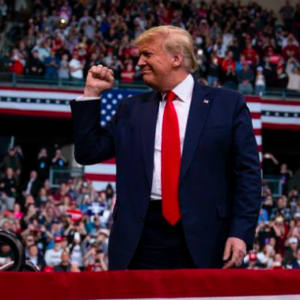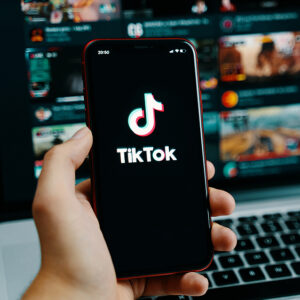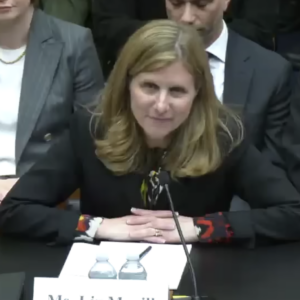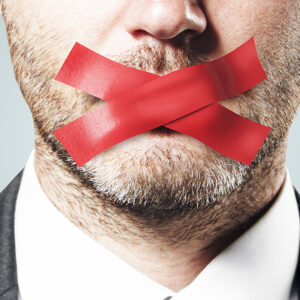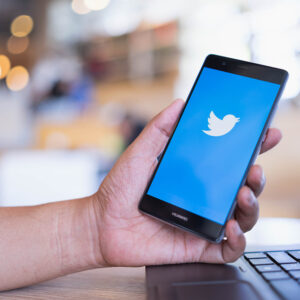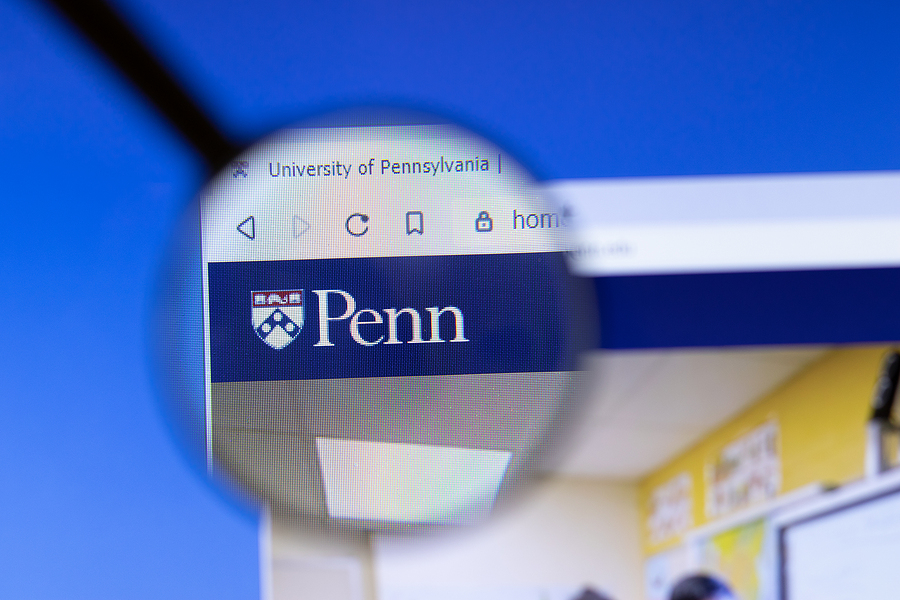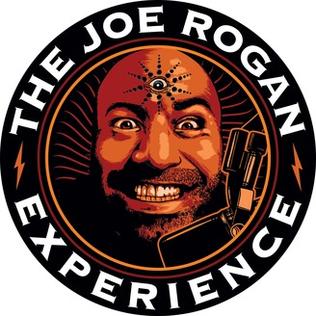(For an alternative point of view, see:” Counterpoint: Kamala Harris is the Best Choice to Lead the United States”) Donald Trump or Kamala Harris? The answer to the question of 2024 couldn’t be more straightforward: Trump. Even without the failures of the Biden-Harris administration, there are plenty of reasons to support a second Trump term. As one […]

